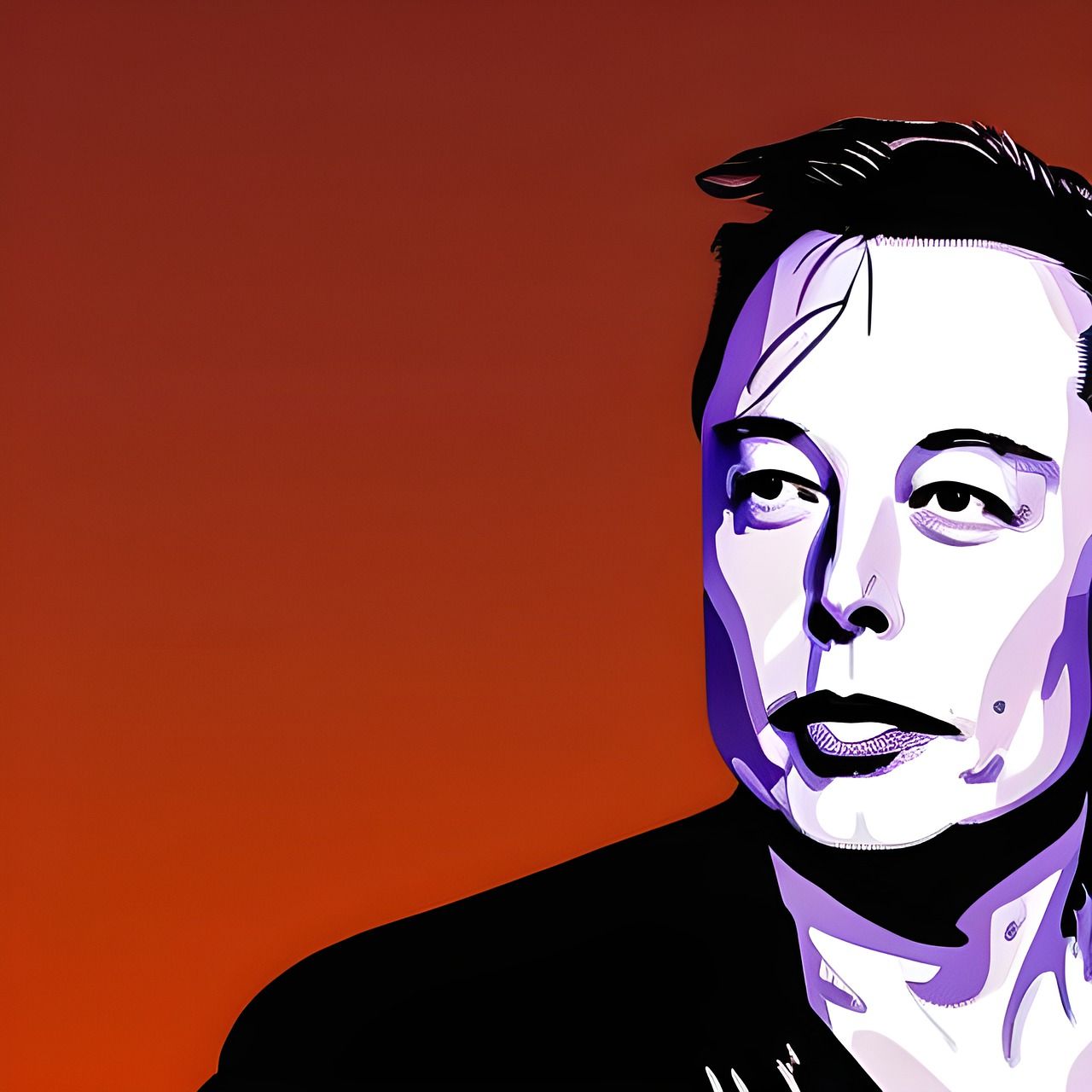As a tech industry professional, I’ve probably paid less attention to Elon Musk than most. I’ve read a couple biographies, admired his achievements at SpaceX and Tesla, and occasionally read about one of his social media controversies. But over 2+ decades, I haven’t thought much about Elon. But in the weeks since his Twitter buyout, I’ve started to ask the obvious question: WTF is up with Elon Musk?
I’m willing to give Musk the benefit of the doubt on his layoffs. It seems plausible to me that Twitter had too many employees, was spending too much on perks, and had become a haven for activists that prioritized their personal agendas over the company’s well-being. A quick look at the balance sheet suggests that at a minimum something had to change on the expense side of Twitter. And even if the layoffs were not well planned or executed, I believe in Musk’s right as de facto CEO to make changes he thinks are in the company’s best interests.
I also assume positive intent on his free speech advocacy. Don’t get me wrong: I am regularly confused by people who advocate for free speech within privately-owned platforms on the internet. First, most people in the US seem to confuse our 1st Amendment protection from the government interfering with speech with a private company choosing its own moderation. But second, I’ve seen many attempts at pure free speech platforms over my career, and some have been truly terrifying - e.g. 4chan in the late 2000s. So when people say they want free speech, I know it comes with caveats - e.g. free of death threats, bullying, child pornography, hate speech, crime, and so on. Nothing Musk has said or done suggests he wants Twitter to become the next 4chan, so if he wants to bring Donald Trump and other banned users back to Twitter for a second chance, I begrudgingly accept it - provided we all adhere to terms of use that keep everyone safe. I also am fully supportive of his desire to bring transparency to moderation decisions within the platform, which IMHO, is a good policy for all public social platforms.
What I am really struggling with is the way he is going about changing the actual business of Twitter. First he rushed the launch of the Blue Verified program, resulting in individuals being able to impersonate multi-billion dollar brands for the cost of an $8 subscription. The result was not unexpected: companies halted advertising on Twitter until the safety and trust of the platform could be guaranteed. But instead of admitting his mistake and communicating his resolution plan to advertisers, he started making questionable tweets - e.g. promoting fake news, engaging in humorous riparte with known alt-right figures, promoting conservative right talking points, posting an alt-right meme, and accusing the media of being against free speech. While nothing he did violated Twitter’s terms of use, these are not actions that engender trust from the company’s primary revenue source: advertisers. And just when you think he might be ready to see how critical it is to maintaining the advertising revenue while he drives other business changes, he starts accusing one of his top advertisers, Apple, of being against free speech. This is quite simply: bad business.
While Twitter has many problems to fix, there is no greater one than its stagnant growth. While Musk may think free speech on Twitter is a “battle for the future of civilization”, most of us know that stripped of bots, Twitter is a small platform used primarily by tech industry, media and government elites. If Musk is going to make money on his investment, he needs to turn it into a much bigger platform - which means Twitter needs time to appeal to much broader audiences. This requires promoting innovation while maintaining the commitment of the three constituents that unduly influence the platform’s future: its users, advertisers, and employees.
Musk has been a maverick throughout his career that has taken great risks to achieve great outcomes. The innovation his teams unleashed at SpaceX and Tesla have been nothing short of staggering, so I would never bet against his ability to achieve his vision of Twitter being the world’s town hall. But it’s hard not to wonder why he is making the Twitter turnaround so unnecessarily hard on his employees, advertisers, and users - and so hard for the rest of us on the sideline who want to root for Twitter.
So WTF is up with Elon Musk? I don’t know, but I will be watching it live… on Twitter.
Image by Marcin Paśnicki from Pixabay
